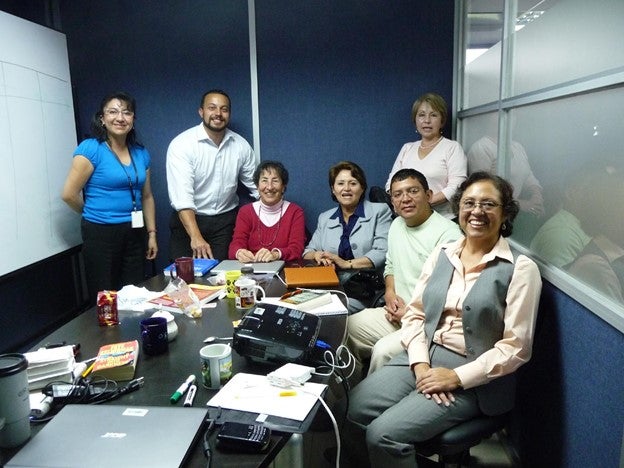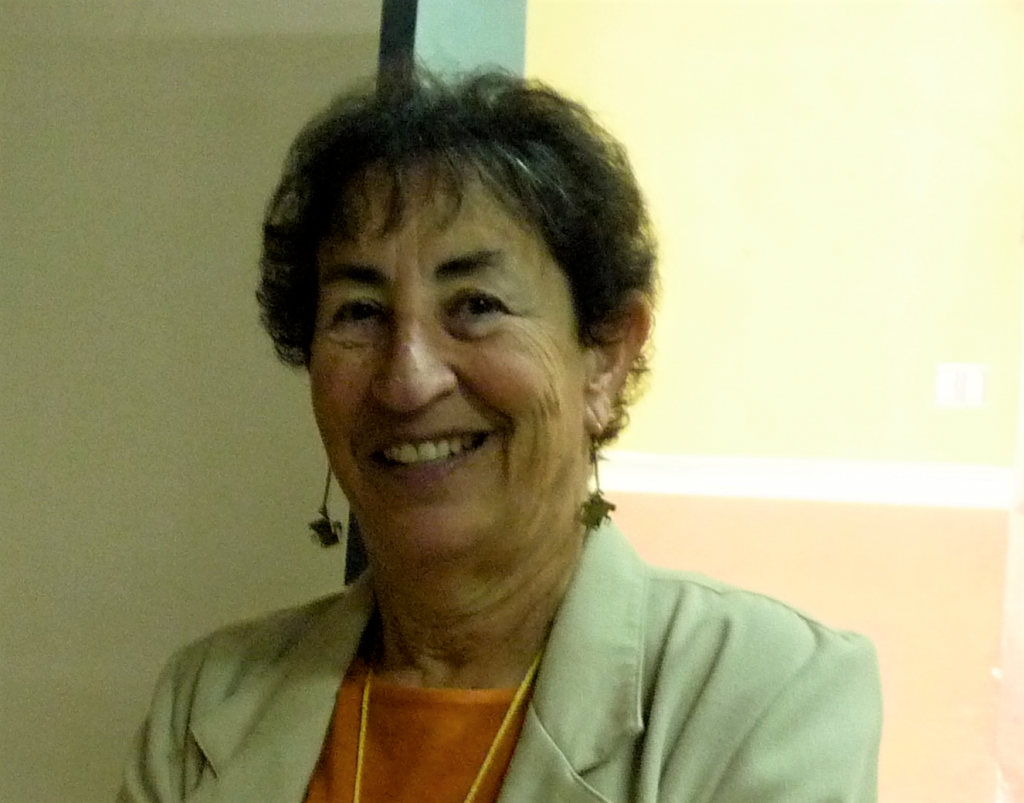“Much of our language is imbued with cultural orientation, and if you’re just learning language from a textbook, you’re only learning part of the picture.”
Dr. Natalie Kuhlman has devoted much of her career to ensuring that English as a second language (ESL) teacher standards are front and center in the field of education. Starting in the late 1980s, she served on the California Commission on Teacher Credentialing to establish TESOL and bilingual teaching standards for that state. In 1999, she joined the original committee set up by the TESOL International Association to establish the first Pre-K-12 Professional Teacher Standards to be used by the National Council for the Accreditation of Teacher Education (NCATE, now the Council for the Accreditation of Educator Preparation), remaining a member of that team for 12 years and sitting on the NCATE Board of Directors for six years. Most recently, she served on a TESOL committee that created standards for short-term certificate programs, another that developed English as a foreign language (EFL) teaching guidelines, and the TESOL Standards Professional Council. Added to that is her impressive roster of presentations and publications on the topic of standards. “When well done, standards provide guidance from professionals in the field as to what is important,” says Kuhlman. “They are merely goals — they don’t dictate how students get to the goals.”
While most of her work has focused on developing standards for ESL teachers in the United States, Kuhlman credits her expertise in this area as being at the heart of some of her most compelling English Language Specialist assignments — working with educators in Albania, Ecuador, Indonesia, Panama, and Uruguay to adapt the Pre-K-12 Professional Teacher Standards to meet the needs of English language teaching programs in those countries. As would be expected, each of those locations presented its own challenges, with teachers and student needs often bumping up against institutional or individual sensitivities. However, one country, Ecuador, stands out for her. Kuhlman’s first Specialist assignment there took place in 2011, and four years and seven assignments in Ecuador later, more than half of that country’s 30 universities with English language teacher programs had officially adopted nationwide standards and a curriculum for preparing K–12 English language teachers.

The path to adoption was complex, initially involving only Ecuador’s Ministry of Education, which had asked the U.S. Embassy — a first — to aid in the creation of standards for their practicing teachers. Her first task was to introduce the Ministry team to a variety of teacher standards, including the TESOL Pre-K-12 Professional Teacher Standards, focusing on its five domains: language, culture, instruction, assessment, and professionalism. Next, she and the Ministry team met with English language teachers and students at a local high school to conduct a needs assessment with both groups to find out what worked in their curriculum and what did not. For Kuhlman, a significant takeaway from those meetings was that students wanted culture integrated into the curriculum while teachers contended that students would have no interest. “I pointed out that language without culture doesn’t go very far — they go hand in hand,” notes Kuhlman. “Much of our language is imbued with cultural orientation, and if you’re just learning language from a textbook, you’re only learning part of the picture.”
“Before the teachers bought into the idea of a common curriculum, I wanted them to know that their diverse cultures would always be respected and included.”
Six months later, Kuhlman returned to Ecuador, only this time the Ministry took a backseat since it would not be involved in creating the curriculum for the university’s EFL teacher preparation programs. “The Ministry only worked on professional development with English language teachers once they were in K-12 classrooms,” she says. “It had no oversight as to how teachers were prepared to teach English.” She traveled to the north and south of Ecuador to meet with an array of educators from 30 higher education teacher programs that expressed interest in learning about a way to unify their programs. Involved were public, private, and military universities, which included their English language institutes that all university students had to attend, whether or not they planned to teach English. During this time, the government of Ecuador mandated that students should be able to transfer from one university to another without losing credits, so these programs felt an increased urgency for a unified curriculum across institutions, which they also considered long overdue. While introducing the standards and addressing the benefits of a common curriculum, Kuhlman emphasized that they had been refashioned by the Ministry to meet the specific needs of Ecuador’s English language teachers. “Standards do not negate local situations — that’s where the adaptation comes in,” says Kuhlman. “Before the teachers bought into the idea of a common curriculum, I wanted them to know that their diverse cultures would always be respected and included.”

During subsequent visits, Kuhlman met with the teachers, who had fully embraced the Ministry’s adapted standards, in various locations throughout Ecuador. Teams were assigned to specific domains to develop curricula, course syllabi, weekly lesson plans, and assessments. They shared and modified their work until all were in agreement on the final documents. Finally, in early 2015 a nine-semester standards-based English language teacher program was signed into reality by the dean of each participating university. “In the end, I felt that we had truly created a standards-based curriculum that would improve the preparation of English teachers in Ecuador and consequently the learning of English by its students.” concludes Kuhlman.

Dr. Natalie A. Kuhlman is Professor Emeritus in the Dual Language Education Department, San Diego State University. She is co-author with Diane Staehr Fenner of Preparing Effective Teachers of English Language Learners: Practical Applications for the TESOL P-12 Professional Teaching Standards (TESOL, 2012), and with Bozana Knezevic of TESOL EFL Guidelines for Teacher Standards Development (TESOL, 2014). She was an original member of the TESOL P-12 ESL Teacher Standards Team (1999-2012) and the Accreditation Standards Expert Group (ASEG) that created Short-Term Certificate Standards (TESOL, 2015). Most recently, Dr. Kuhlman has worked in Albania, Ecuador, Indonesia, Panama, and Uruguay, as a Specialist for the U.S. Department of State using the TESOL standards to create English teacher preparation programs.
